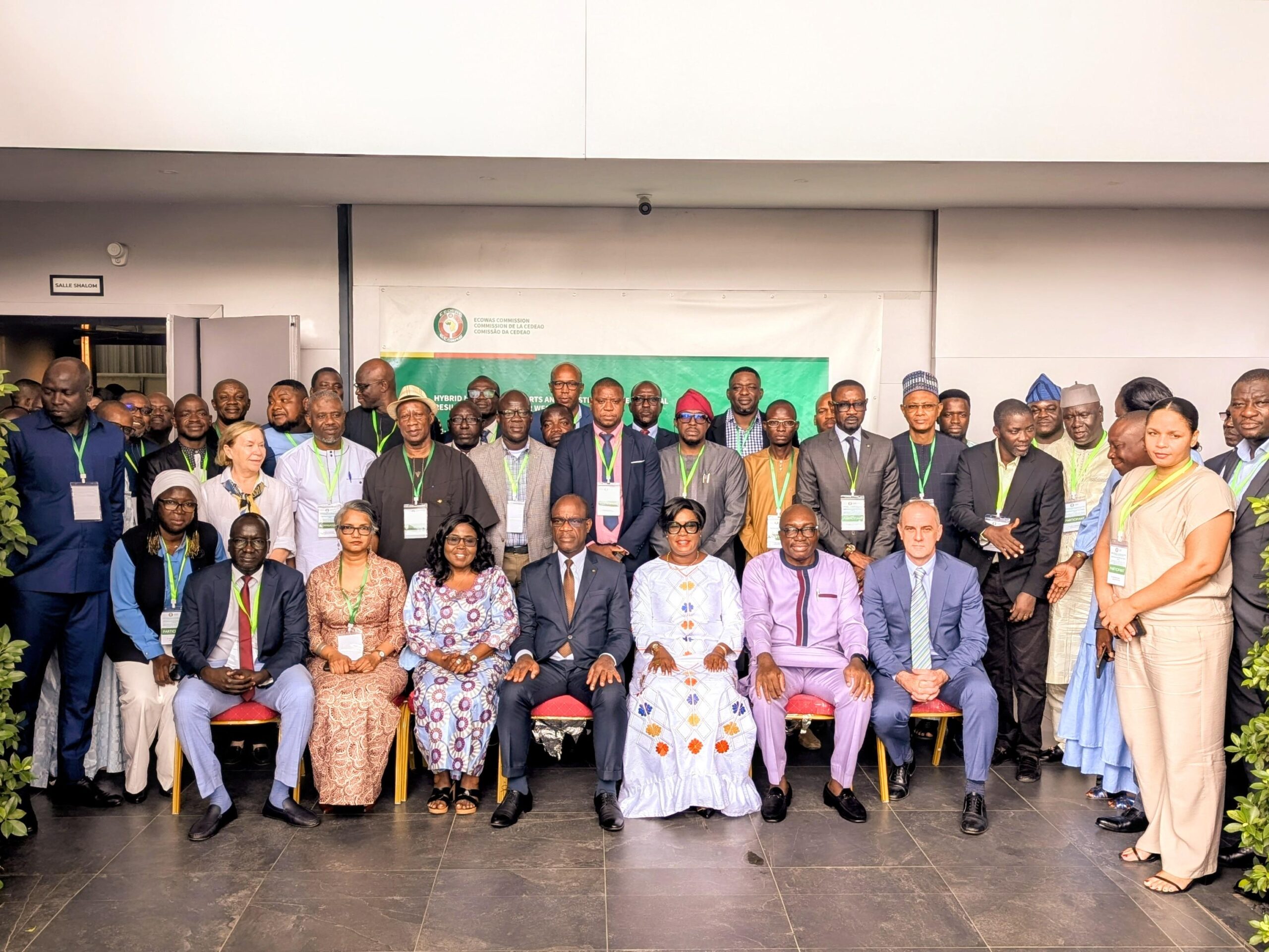
The West African press on August 6, 2025, casts a wide spotlight on the pressing social, political, and economic challenges across the region—from Senegal’s fight against early marriage to political dialogue in Ivory coast, institutional reforms in Mali, and economic debates over cocoa pricing in Ghana and Ivory Coast.
In Senegal, Seneweb features the heart-rending story of Hawa Diaw, who endured early marriage at 13 and the harrowing effects of obstetric fistula after multiple childbirths.
“My baby came out through the foot…” she recalls, describing the traumatic birth that led to her condition. After several failed surgeries, Hawa finally found relief in Tambacounda.
Now over 50, she lives with lasting health consequences but describes herself as “recovered,” highlighting the ongoing reproductive health gaps in rural areas and the vital role of family support.
Mauritania’s Africaguinee reports on the case of Amara Camara, a Guinean imprisoned for 17 years, sentenced to death in 2008 over a murder he denies. His family demands repatriation, supported by the Sahel Foundation NGO and testimonies from fellow inmates disputing his involvement.
“He has no relatives in Mauritania,” his sister urged in a recent plea.
In Ivory coast Abidjan.net covers the resumption of political talks between the ruling RHDP party and opposition coalition CAP-CI, with delegates describing the meeting atmosphere as “trustful.” Both Touré Mamadou (RHDP) and Charles Blé Goudé (CAP-CI) welcomed the constructive dialogue, stressing the importance of continuing discussions despite ongoing differences.
Nigeria’s Punch Nigeria revives scrutiny of federal spending on the presidential aircraft fleet, revealing over 26 billion naira spent between July 2023 and December 2024. Experts argue the fleet, currently around ten planes, is oversized and costly, with Captain John Ojukutu suggesting “four planes would be enough for the president and vice president.”
In Mali, Bamada.net details the promulgation of Organic Law No. 2025-037, which restructures compensation for the National Transitional Council, reducing pay categories and instituting retroactive indexation, signaling a move towards streamlined governance amid the transitional period.
Meanwhile, The Gambia’s Fatunetwork applauds Brikama Regional Council’s revenue surge, attributed to anti-corruption efforts and “closing revenue leaks,” raising collections from 60-80 million to 103 million dalasi in six months. Council chairman Yankuba Darboe emphasized transparency during the handover of new waste management trucks.
Finally, Pulse Ghana examines cocoa producer remunerations, contrasting Ghana’s higher farmgate prices this year against Ivory Coast’s policies. While farmers praise the move, some exporters criticize it, revealing the delicate balance at the crossroads of agricultural sustainability, social welfare, and trade.
Together, these diverse stories illustrate a West Africa navigating complex reforms, grassroots resilience, and the demands of an evolving political and economic landscape.



